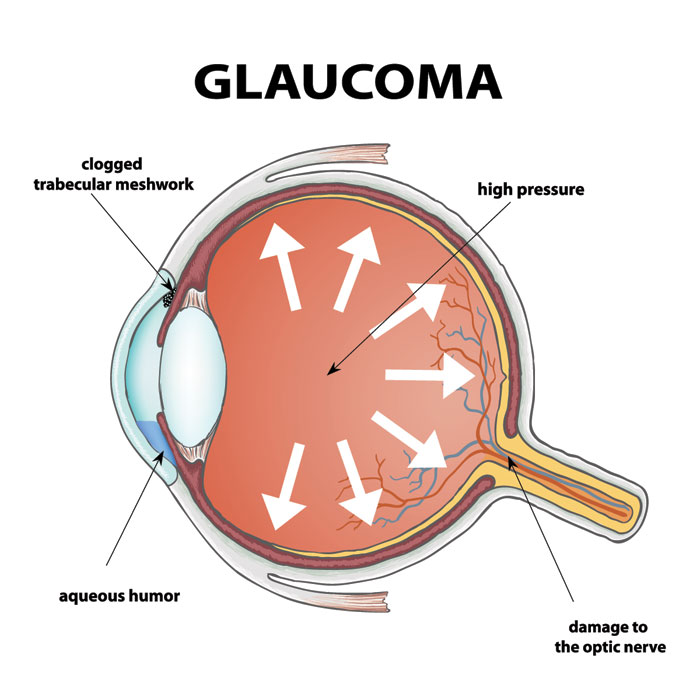What Happens if You Have Glaucoma?
Introduction
Glaucoma is a group of eye conditions that damage the optic nerve, which is critical for good vision. This damage is often caused by an abnormally high pressure in your eye and can lead to irreversible blindness if not treated promptly. Understanding the implications, symptoms, and management strategies for glaucoma is vital for safeguarding vision health.
Understanding Glaucoma
Glaucoma predominantly affects the eye by causing fluid build-up in the anterior part of the eye, resulting in increased pressure that damages the optic nerve. There are various forms of glaucoma, with the most common types being:
-
Primary Open-Angle Glaucoma: The most common form, occurring gradually when the eye doesn’t drain fluid properly, leading to increased eye pressure.
-
Angle-Closure (Closed-Angle) Glaucoma: Less common, this occurs when the iris is very close to the drainage angle, blocking fluid drainage and causing a sudden rise in eye pressure.
-
Normal-Tension Glaucoma: Damage occurs even though eye pressure is not very high.
-
Secondary Glaucoma: Develops due to an injury or another eye disease.
The Impact of Glaucoma
Glaucoma symptoms can range from subtle early signs to more noticeable vision changes. Common symptoms include:
-
Loss of peripheral vision
-
Severe headaches
-
Eye pain
-
Blurred vision
If left untreated, glaucoma can cause permanent damage to the optic nerve, leading to irreversible vision loss or blindness.
Managing Glaucoma
Medical advancements have provided multiple treatment options for managing glaucoma effectively, including:
-
Medication: Eye drops or oral medication are usually the first line of treatment to lower eye pressure.
-
Laser Therapy: Increases fluid drainage or decreases its production to reduce pressure.
-
Surgery: Procedures like trabeculectomy, glaucoma drainage devices, or minimally invasive glaucoma surgery may be recommended when other treatments fail.
In addition to these treatments, lifestyle changes play a key role:
-
Regular eye exams
-
Monitoring intraocular pressure
-
Adhering to prescribed medications
-
Eating a balanced diet
-
Exercising regularly
Final Thoughts
Glaucoma is a serious condition that demands early detection and proper management. With regular check-ups, timely treatment, and a healthy lifestyle, its progression can often be slowed or controlled. If you suspect symptoms of glaucoma or have a family history, schedule a comprehensive eye exam with an eye care professional today.




